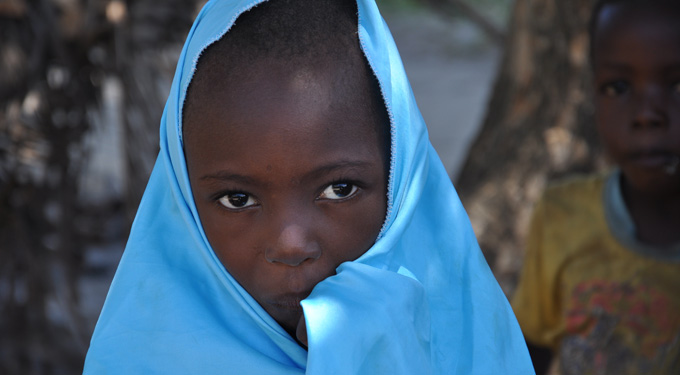The Relationship between Customary Law & Women’s Rights
What is the customary law project?
The relationship between customary law and women’s rights is of particular importance as it relates to the advancement of women’s human rights, for example, in the context of marital relations, including marital rape in Africa and the division of marital property on reserves in Canada/Ontario, and the application of family law in African diaspora communities in Canada/Ontario. Customary law has achieved varying degrees of recognition and incorporation into the state’s legal system in Canada and in Africa. How that recognition and incorporation have been accomplished, and processes for identifying substantive provisions of customary law and assessing the relationship between customary law and human rights guarantees are of central importance to women equality seekers in Canada and in Africa. Answering these questions is the focus of this research project.
Why the customary law project?
Although Canada and African states have had different experiences with respect to the relationship between customary law and state legal systems, the countries that are the focus of the proposed research are at crucial (though different) points in the evolution of that relationship. An opportunity to assess where we have been, where we are going, and how the experiences of each country can illuminate the important relationship between customary law and the equality of women, will be critical in ensuring that the analyses and strategies that are developed relating to the discriminatory treatment of women in areas of their lives that intersect with customary law, are effective and meaningful.
The customary law project action plan
The action plan for the customary law project involves the research and drafting of background papers on the relationship between customary law and women’s rights in Canada, Ghana, Kenya and Malawi, as well as a comparative paper analyzing the differences and similarities amongst the different e² partner countries relating to customary law and women’s rights. The project has also produced a bibliography of readings relating to the relationship between customary law and women’s rights.
The benefits of the customary law project
Developing improved understandings of the relationship between customary law and women’s rights is essential to advancing the equality rights of Aboriginal women in Canada and women in Africa. The development of improved understandings of women’s rights in all these contexts involves refining the capacity to assess both the positive and negative potential of customary law. Given the equality deficit facing women in Africa and Aboriginal women in Canada, this capacity-building is essential.


